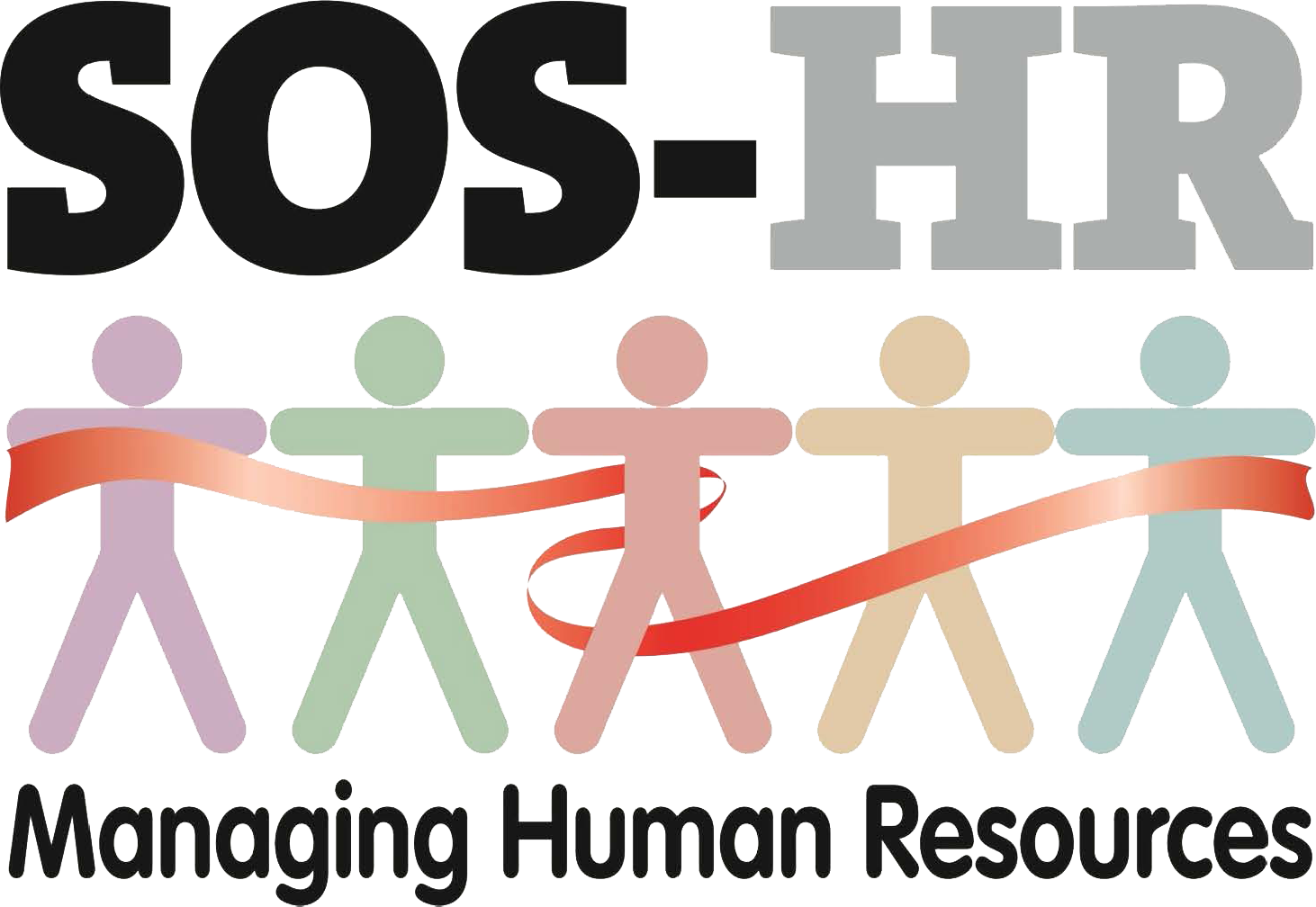Change Management
Change management is a collective term and the application of a structured process to help organisations and people adopt a change in their day to day to work. It is not a ‘one-size-fits-all’ model.
Organisational change can be driven by different factors such as market growth opportunities, economic downturns, technological developments, or customer and/or supplier pressure. It occurs in businesses of all sizes and within all sectors when there is a shift in strategic objectives.
Organisations struggle with embedding new initiatives when there is a lack of engagement from their employees who are resistant. This resistance can be borne from fear, miscommunication, technical issues, operational hurdles, or poor line management.
Not managing change effectively can have devastating and long-term consequences for any business.
Organisations that recognise the need to plan carefully, communicate the business case for proposing the changes, realise the human impact of change, the time needed to embed the change and the importance of evaluating the changes after these have been implemented stand a far better chance of success.
HR professionals have a significant role to play in the change management process. They are trusted advisors that can help the organisation create long-term stability. HR often work behind the scenes, are successful expert initiators and facilitators. They work in partnership with senior leadership and executive teams and facilitate the translation of the overall vision through the use of relevant techniques.
HR professionals become change advocates, develop communication channels which best suit the business, act to remove obstacles, apply situational judgement and demonstrate moral integrity. All these assist managers to make decisions that affect employees’ lives in a considered and compassionate manner.
Whilst change occurs naturally, when it feels constant, in high volume and at a faster than normal pace it has an emotional influence. In change management programmes the emotional reaction of employees is often overlooked and in this current economic climate there is the potential for change fatigue. Change fatigue brought about by the economic, social and political landscape.
In business change fatigue is when a person or a team is overwhelmed due to the constant implementation of new initiatives. They become exhausted with the processes, systems and restructuring effort. If change fatigue is not proactively managed a culture of complacency creeps in and employees can experience physical symptoms of anxiety, become cynical or disengaged.
There are practical steps which can be taken to understand if change fatigue is present.
Review and evaluate the timing, sequence and scale of the changes. Understand if there has been time for stabilisation between initiatives or if there has been a constant cycle.
Observe employee morale, look for signs of stress and negativity. Was once a resilient and happy employee or team experiencing higher absence levels or friction with business decisions. Has employee turnover increased.
Empower employees and give a sense of ownership by seeking and encouraging feedback. Offer all stakeholders the to opportunity to air their view even if this poses differing perspectives. Keep communication open and transparent.
Provide training and resources to help employees and managers understand how to adapt to the change. This fosters a mindset of growth, skill development and builds resilience to better equip the workforce to navigate the change journey.
Balance workloads, prioritise tasks and encourage work-life balance. Create a supportive culture which values wellbeing.
Celebrate success and recognise milestones. Acknowledging achievements related to the changes implemented boosts morale, reinforces the positive aspect and reminds the workforce progress is being made.
Change management programmes need to comply with legal requirements so as not to discriminate, should further diversity and forge inclusion.
If you are considering changes, would like assistance with a change management programme, further guidance or HR advice please contact 01473 276170 or email us at soshr@sos-hr.co.uk
